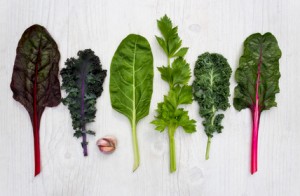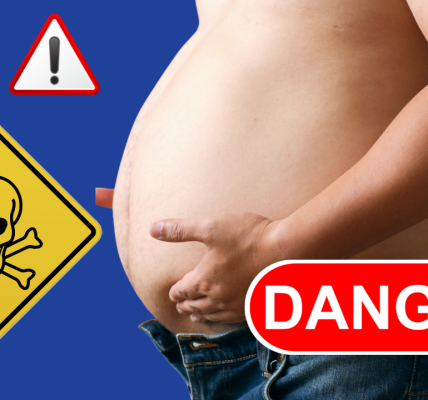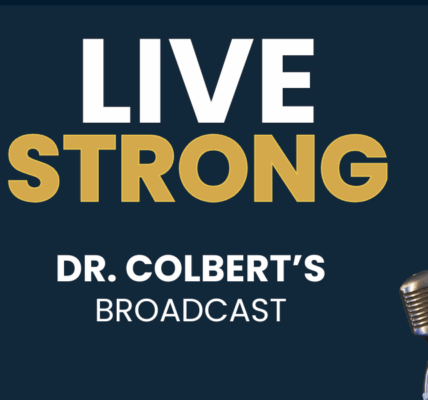If you aren’t already using intermittent fasting with Keto Zone, there are many reasons to do so. Many in the Keto Zone drink coffee, either black or high-fat, during their fasts. But, does coffee break a fast? Here’s the truth.
Does Coffee Break a Fast?
First, it’s important to know what parameters we’re analyzing when discussing a “fast.”
Of course, if the parameter is the strict definition of a “fast,” which is to not consume any food or drink, coffee does break it. But, for most in the Keto Zone, it’s more about the biochemical markers of a fast. For example:
- Ketosis
- Autophagy
- Fat Burning
- Insulin Sensitivity and Blood Sugars
And of course, what about coffee add-in such as MCT Oil Powder?
All good questions.
Here’s the answer to “does coffee break a fast,” how coffee affects each parameter above, and why, or if, it matters.
Coffee’s Effect on Ketosis
One great thing about fasting: It leads to ketosis. It’s more efficient than just reducing carbohydrates. When you give your body no fuel, it must use ketones sooner or later.
But how does coffee affect ketosis?
Here’s the truth:
Caffeine actually improves ketosis in humans. In fact, one study cited that caffeine’s improvements in fat breakdown and fat oxidation made it of interest. And then, it actually does more.
The researchers evaluated the effects of caffeine on 10 participants, using 2 different doses. Caffeine was given at breakfast and found to significantly stimulate ketone production with both doses, but more with the higher one. It all raised plasma free fatty acids, indication fat storage breakdown.
These findings are important for anyone who wants to upregulate ketosis. Further, they are important for those with degenerative cognitive diseases like Alzheimer’s, as glucose utilization in the brain is impaired and ketones may be helpful (1).
Coffee’s Effect on Autophagy
Another benefit of fasting is autophagy.
Autophagy is our body’s method of cellular cleanup, detoxification, and repair. It is the cells’ response to stress and inflammation. It is being studied as a therapeutic benefit for certain neurodegenerative diseases because it removes harmful protein aggregates that induce the disease.
On the other hand, defects in autophagy play a role in many diseases including cancer, pathogen infection, metabolic diseases, and neurodegenerative diseases (2).
Our bodies continually try to fight disease, maintain cellular health and improve. Our cells actually “trim” damaged parts and maintain healthy ones. So, if you have autophagy going, you certainly don’t want to stop it early with a food or drink.
Fasting is one of the best ways to increase autophagy (3). But, does coffee and caffeine impede autophagy?
Thankfully, they don’t.
In fact, coffee that’s caffeinated or decaffeinated actually induces autophagy in animal studies (4). It triggers both a reduction of protein acetylation and an increase in autophagy. The authors believe it’s the polyphenols that are beneficial in these parameters and not the caffeine as indicated by both types having the same effect (4).
Coffee’s Effect on Fat Burning
One of the biggest reasons anyone engages in fasting and ketosis is fat-burning.
As stated above, coffee increases both ketosis and fat breakdown. So, indirectly, we know it’s beneficial to fat burning.
But, just to double up on these findings, this study from 2019 concluded that consumption of a high-chlorogenic acids (CGA) coffee for 12 weeks by overweight adults might lower VFA, TFA, BMI, and waist circumference (5). Chlorogenic acids are a polyphenol naturally contained in coffee beans.
Insulin Sensitivity and Blood Sugars?
Many people in the Keto Zone who use intermittent fasting want to improve insulin sensitivity and blood sugars.
During times of fasting, the body works to make the cell membranes more sensitive to insulin. When there are no fuel sources available in the bloodstream, the body must become better at metabolizing any fuel it can use. And in the long-term, this means better insulin sensitivity and blood sugars.
Does coffee impede these beneficial effects?
No, but it’s a mixed result. In the short term (as in right when you’re drinking it), coffee can reduce insulin sensitivity. This is why it’s a very bad idea to consume caffeinated sugary drinks like soda and sugary-cappuccinos. But, over the long term, it improves insulin sensitivity and glucose tolerance. And in fact, it’s been concluded that more coffee consumption equals a lower risk of type 2 diabetes (6, 7).
Coffee Add-Ins
Technically, any substance that adds calories breaks your fast.
However, many coffee add-ins do NOT disturb any of the benefits we achieve with fasting, and some even enhance it.
The 2 things we’re watching out for are 1) carbohydrates that inhibit ketosis and fat burning, and 2) protein which interferes with autophagy.
Here’s a rundown:
- Butter/MCT Oil/Coconut Oil: These are almost pure fats. They will not inhibit any benefit listed above, so no harm is done to fasting. What’s more, MCT Oils and powders increase ketone production, so they actually improve that parameter.
- Heavy Cream: The only issue is that heavy cream is that they have a small number of carbs and a small amount of protein. Cream contains about 1 gram each per ounce. So, while one ounce likely isn’t enough to interfere, 4 ounces certainly is. In this case, I recommend sticking to the fats listed above instead.
- Almond/Other Nut Milk: Like cream, this is a matter of portion. Most UNSWEETENED nut milk contain very little of anything in them, and won’t interfere in 1-2 ounces. However, if you’re using more, you may be adding enough carbohydrates to affect fat-burning, ketosis, and autophagy.
- Cinnamon/Cocoa/Nutmeg: Overall, spices are fine. The only one that may affect ketosis is cocoa, but in the amount of 1 teaspoon or less, it too is okay. Cinnamon can enhance insulin sensitivity
- Collagen: As great as collagen is, it will likely inhibit autophagy because it is high in protein. So, still okay for fat-burning and ketosis, but not the complete benefits of fasting.
- Stevia, Monkfruit, Erythritol, and Other Non-Nutritive Sweeteners: Again, with no net carbs and no protein, these sweeteners are okay in terms of the benefits of fasting. I recommend sticking with the first three and other natural ones while avoiding aspartame, saccharin, and sucralose (8).
Bottom Line: Does Coffee Break a Fast?
Not only does coffee NOT impede any of the benefits of fasting, it seems to contribute to them. Whether or not it technically breaks a fast simply because you’re drinking something with more nutrition than water, is a judgment call. And, it is important to watch out for carbohydrates and proteins in add-ons if you want the full benefits.
But otherwise, you can use coffee to successfully extend your fast, and receive all of the great benefits it has to offer.













Thank you for this info on the very day I wanted to fast and pray for Israel ! I am thankful I can drink water and my Keto coffee ! We are blessed to have Dr. Colbert to help us as he hears and obeys the Spirit of God !
Hi Bella, You are very welcome. Thanks for the read and comment. Take care!
I also am VERY thankful for Dr. Colbert, his wife and their ministry. Soo good to have a voice that you can trust – with no ulterior motives!!